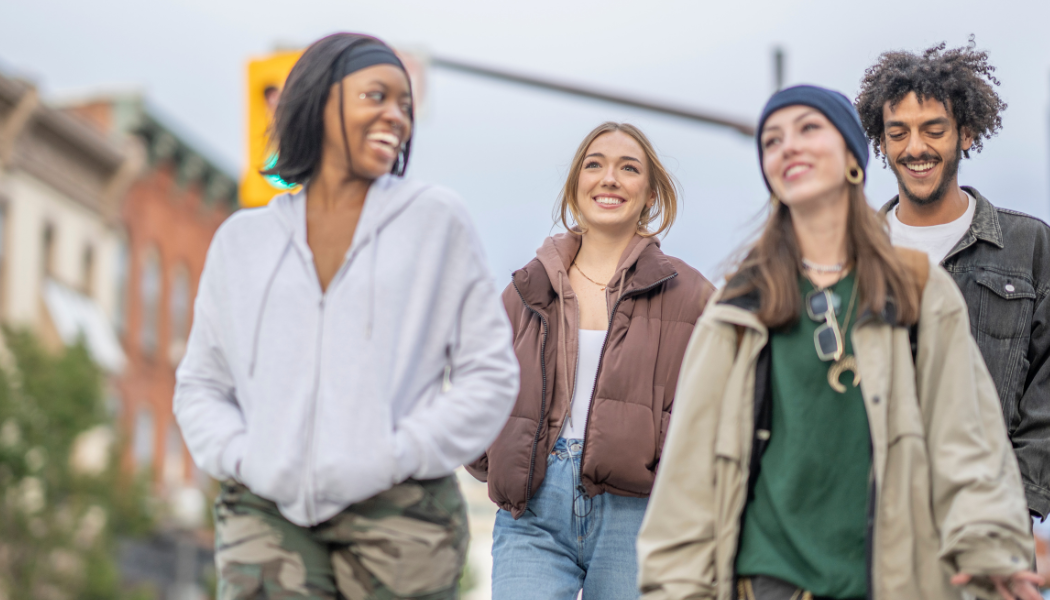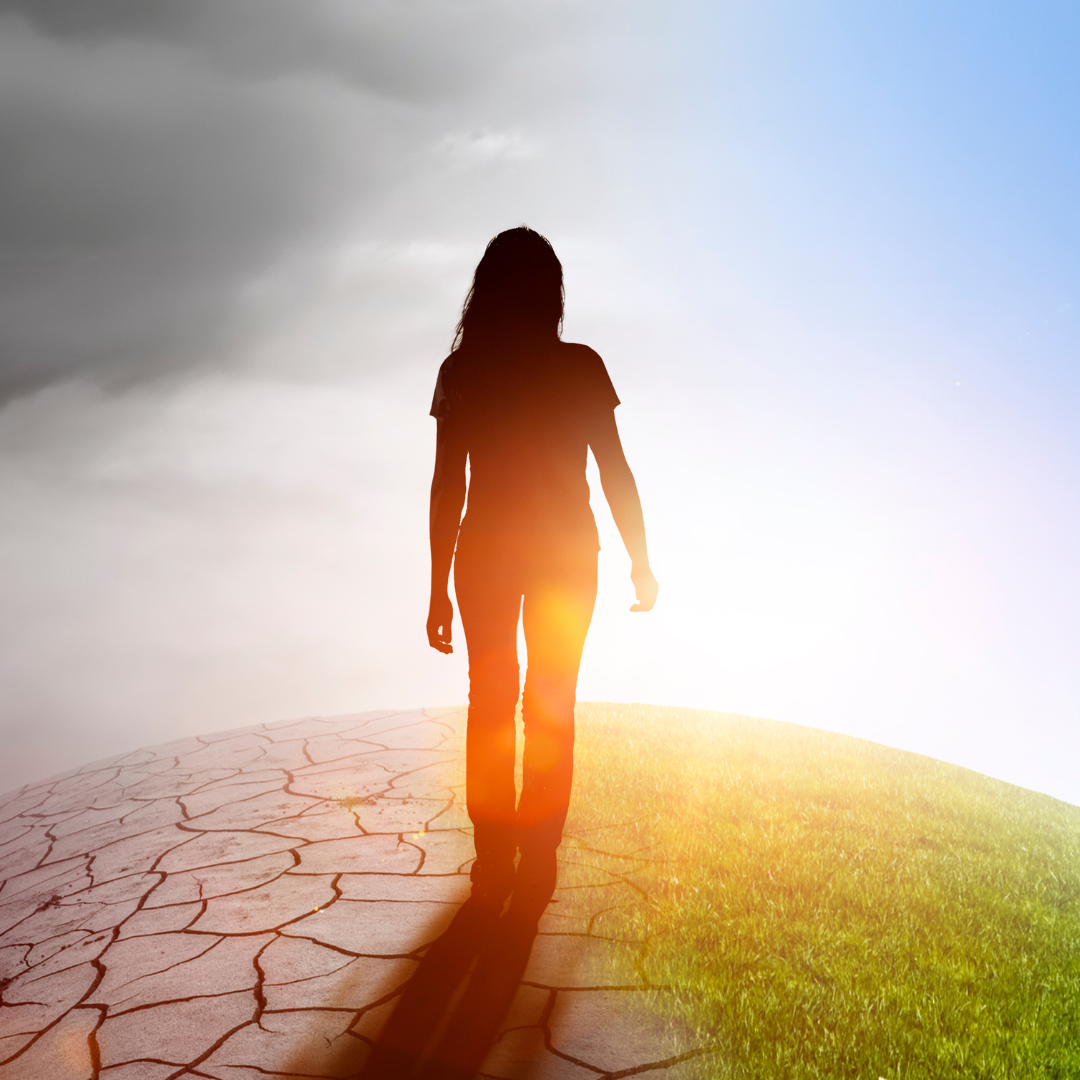Brindamos apoyo a sobrevivientes de violencia doméstica.
La Casa de las Madres actúa valientemente para crear una comunidad donde no se tolera la violencia contra las mujeres y los niños. Visualizamos una sociedad en la que todos los individuos y las familias tengan el mismo acceso a los recursos básicos y a las oportunidades de creación de activos (asset-building opportunities??). Visualizamos un futuro donde la seguridad y respeto en las relaciones íntimas sean una norma social.
Para lograr este futuro, La Casa ofrece un servicio continuo integral y de empoderamiento para mujeres, adolescentes y niños expuestos y en riesgo de abuso. Brindamos acceso, herramientas y asesoramiento, clínico y basado en pares (peer?), que fortalecen su capacidad de afectar el cambio y romper el ciclo de violencia.
As we enter the month of February, we want to recognize it as Teen Dating Violence Awareness Month. Teen Dating Violence (TDV) and Intimate Partner Violence (IPV) between teens is often overlooked. However, as we honor survivors and recognize their resilience, we’d also like to highlight the prevalence of this issue.
While most people look forward to big sporting events for the love of the game, the energy, and the celebration, there is another side to these large-scale events that often goes unnoticed. For survivors of domestic violence and for individuals experiencing human trafficking, this time can be especially difficult.
According to American Addiction Centers:
In 2016, alcohol caused approximately 90,000 domestic violence deaths worldwide.
Alcohol or drug use is involved in 40-60% of domestic abuse situations.
More than half of individuals who abuse their elder parents (age 60 or older) are dependent on alcohol or drugs . . .
As the holiday season approaches, many of us look forward to warmth, family gatherings, and celebration. But for countless survivors of domestic violence, this time of year brings heightened fear and instability.
The reality is that domestic violence often escalates during the holidays.
In many Latino communities, the value placed on family is deep-rooted. Because of this, separating from a partner, even in an abusive situation, can feel like betrayal or failure. Family members often romanticize stories of men who relentlessly pursued women until they “made them theirs.”.
As we approach a new school year, we want to highlight this egregious type of abuse and its long-lasting effects on a survivor’s future. Academic Abuse manifests as a form of coercive control that both teens and adults are vulnerable to experiencing.
Self-care, often misconstrued as a luxury, takes on a profound significance for survivors of domestic violence. It becomes a transformative act of survival, resistance, and healing. In the face of chronic stress, trauma, and isolation, survivors often find little space for their own needs. However, self-care in this context becomes revolutionary, a means to reclaim control over one’s body, boundaries, time, and voice, instilling a sense of empowerment and hope.
Immigrant survivors, like anyone, may experience a variety of forms of intimate partner violence: such as physical, emotional, sexual, financial, spiritual, threats, and coercion. However, they also face unique and compounding risks. Language barriers, lack of culturally responsive services, and unfamiliarity with U.S. legal systems make it harder to seek help. Survivors may worry they won’t be believed because they don’t speak English fluently. They may fear that leaving an abusive partner will mean losing their children, their housing, or their chance at staying in the country. Many do not know their rights, and even in moments of extreme danger, feel they must choose between silence and exposure
Mental health challenges go far beyond routine stress, and this is particularly true for survivors of domestic violence (DV). Did you know that 20% of DV survivors develop mental health conditions as a result of their trauma? In this context, Mental Health Awareness Month offers an opportunity to understand how DV impacts mental health.
When we talk about helping domestic violence survivors, it’s easy to think first about shelters, police reports, or court systems. And while those are important, they’re only part of the bigger picture. At La Casa de las Madres, we operate under the Empowerment Model, which shifts the focus: it’s all about giving survivors the power to reclaim their lives—in their own way and on their own terms.
Twitter: @LacasaSF
Instagram: @lacasadelasmadres























